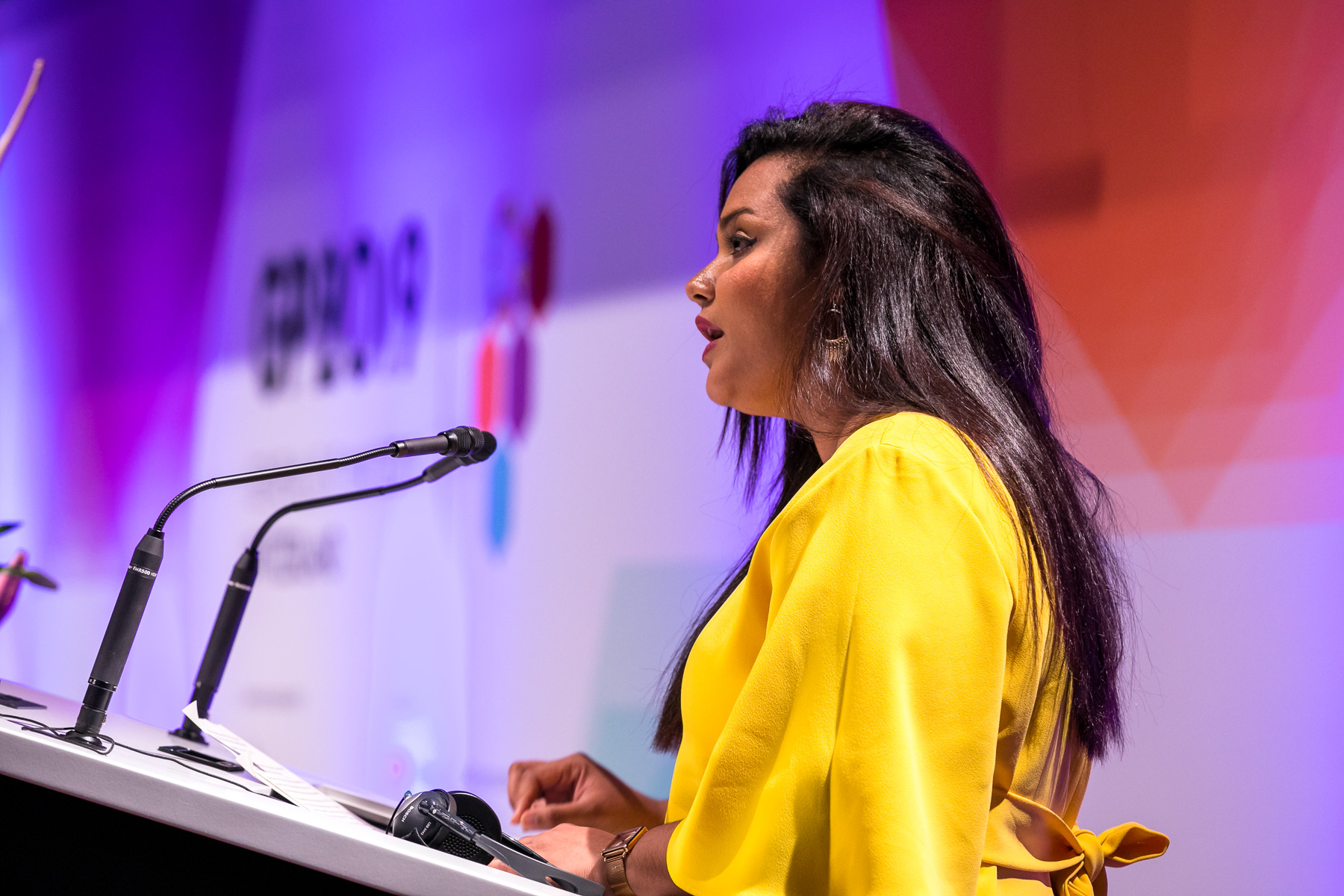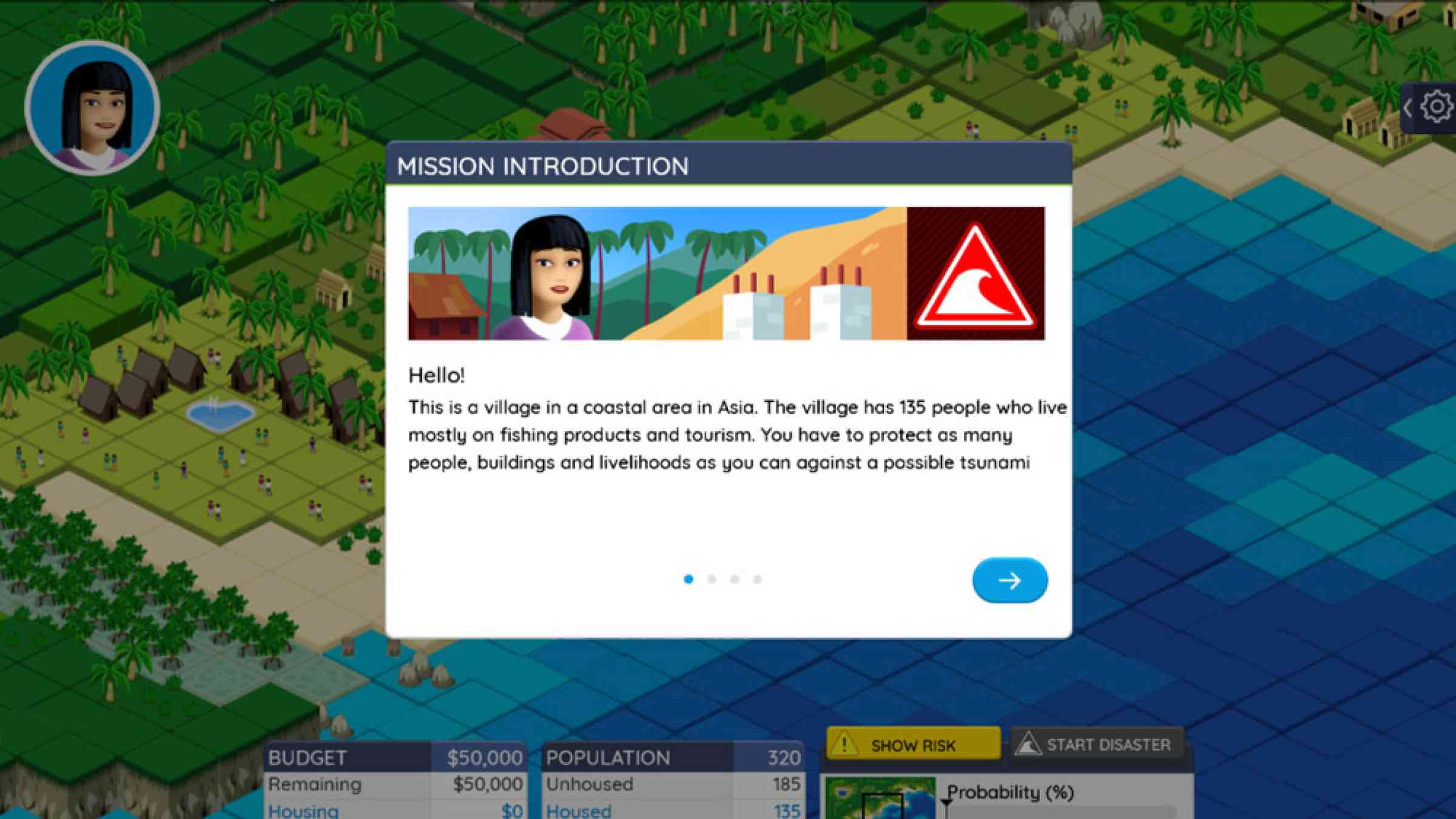Children and youth
Contributing as powerful change actors and resilience-builders, young people must be part of disaster risk reduction action.
Acknowledging their capacity to influence decision-making processes on behalf of their communities and their ability to communicate and bring meaningful change in behaviour and attitudes, UNDRR supports and harnesses the energy and motivation of youth to find solutions to risk and participate in disaster risk reduction for enhanced resilience, aligned with the UN Strategy “Youth2030: Working with and for Young People”.
Key focus areas include:
- Capacity & Risk knowledge: Building capacity of youth and enhancing risk knowledge to build resilience and reduce disasters;
- Innovation & Communication: Empowering youth to drive innovation and novel communication to enhance the implementation of the Sendai Framework;
- Advocacy & Action: Supporting youth efforts on DRR advocacy and action.

What does child-responsive disaster risk reduction look like?
This video highlights the value of child-responsive disaster risk reduction (DRR) for building resilience and advance the rights of every child; with special attention to those most vulnerable and disadvantaged in disaster contexts (e.g., girls, women, people with disabilities, children on the move).
Child-responsive disaster risk reduction requires focusing on the specific risks that children and young people face, as well as involving children in efforts and initiatives to reduce disaster risk. Children have unique needs, and it is important that the entire disaster management cycle is child responsive. Solutions must be holistic, inclusive, and consider boys’ and girls’ exposure and coping capacities to make them less vulnerable. They must address underlying risk drivers like climate change, poverty, stigma, and gender discrimination.
Who are we working with
UNDRR works primarily with youth through the Major Group on Children and Youth (MGCY) DRR Working Group (DRR WG). The MGCY is the UN’s official mechanism for channelling youth participation in sustainable development. The DRR Working Group was established during the Sendai Framework negotiation process and was one of the first MGCY Working Groups. We also work with the Secretary-General’s Envoy on Youth, UNICEF, UN-Women and the Inter-Agency Network on Youth Development (IANYD).
Learn more about how we work with, and for, youth.


